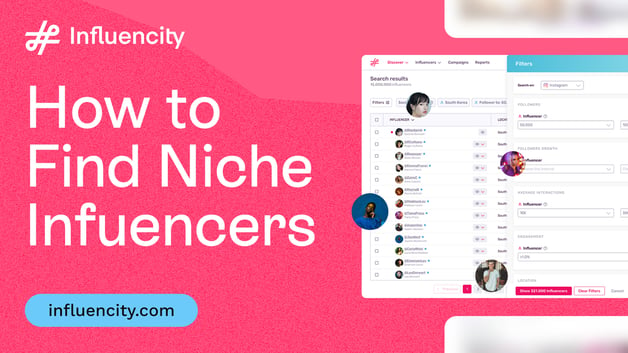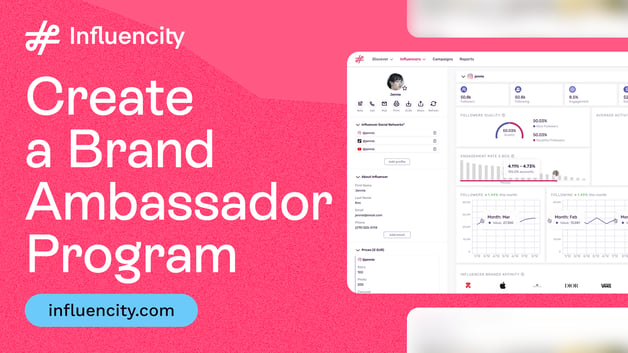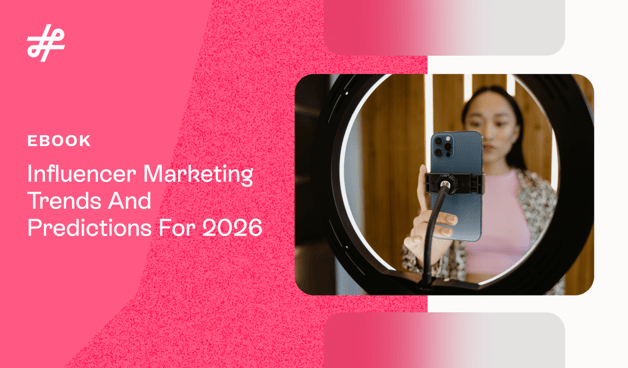The Power of Influencer Platforms for Brands
This article highlights the significant role of influencer platforms and how they can help brands develop more effective influencer collaborations. Specifically, we will discuss the benefits of using a dedicated influencer platform to find, connect with, and manage your influencer partnerships in a streamlined way that maximizes campaign results.
What Is an Influencer Platform?
An influencer platform is a type of influencer software that connects brands and marketers with social media influencers. These platforms provide a centralized space for brands to search for influencers and collaborate with them on their influencer marketing campaigns.
Influencer platforms offer a range of features to streamline the influencer marketing process.
This often includes:
- Influencer discovery tools: Search for and filter influencers based on defined criteria.
- Campaign management workflows: Create and manage influencer marketing campaigns.
- Analytics and reporting: Monitor campaign performance and ROI.
- Messaging and collaboration: Communicate with influencers and negotiate terms.
- Content management: Review and approve influencer-created content.
- Verification and authenticity: Verify influencer authenticity and audience quality.
- Payment and compensation: Handle secure payments between brands and influencers.
The Benefits of Using an Influencer Platform
Now let’s explore some of the specific benefits that an influencer platform can offer your brand. Understanding the features that you need and how they can benefit your campaigns will help you pick the best influencer marketing platform for your business.
Find Relevant Influencers for Your Brand
An influencer platform can be instrumental in helping you find relevant influencers for your brand in several ways. Firstly, these platforms typically offer search filters and advanced algorithms that allow you to narrow down your search based on specific criteria such as niche, industry, and location. This enables you to identify influencers who align closely with your brand values and target audience.
Secondly, influencer platforms often provide comprehensive analytics for each influencer, showcasing their content, engagement, and earned media rate. These profiles can give you a deeper understanding of an influencer's style, tone, and credibility, helping you determine if they are a good fit for your brand.
Additionally, more advanced influencer platforms also offer audience analytics, allowing you to gain insights into an influencer's audience demographics, interests, and behaviors. This information can help you assess the relevance and reach of an influencer's followers and determine if they align with your target market.
Connect With Influencers and Negotiate Collaborations
An influencer platform can significantly simplify the process of connecting with influencers and negotiating collaborations. Firstly, as we just explained above, these platforms provide a centralized hub where brands can browse through a diverse pool of influencers across various niches and industries. You can explore their profiles, evaluate their content, and assess their suitability for your brand. This streamlined access allows you to easily identify potential influencers for collaborations.
Once you've found relevant influencers, influencer platforms offer built-in communication tools that facilitate direct contact with influencers. You can initiate conversations, discuss campaign details, and express your collaboration requirements, all within the platform. This direct line of communication provides you with a channel to clearly explain your brand's objectives and expectations.
Moreover, influencer platforms often provide features influencer recruitment. Brands can create a landing page within the platform, incorporate it in their own website, and promote their recruitment efforts so that influencers who are already fans of the brand can sign up. Any registered influencers will automatically form part of that brand’s database, and they can then use the analytics tools mentioned above to find the best match from the pool of applicants. This is a great time-saver, as the influencers who apply are already familiar with your brand and will know how to promote it.
Manage and Nurture Successful Influencer Partnerships
Finally, influencer platforms often include campaign management tools that allow brands to set goals, create briefs, and establish timelines for their influencer collaborations. This helps to ensure that both parties are on the same page regarding expectations and deliverables, leading to smoother project execution.
Additionally, influencer platforms like Influencity also provide performance tracking and analytics features. Brands can monitor the progress and impact of their campaigns, including metrics such as audience reached, engagement, and earned media rate. This data enables brands to assess the effectiveness of their partnerships and make informed decisions for future collaborations.
Moreover, influencer platforms typically facilitate seamless communication between brands and influencers throughout the partnership. Brands can provide feedback, address concerns, and provide support to influencers directly through the platform. This fosters a strong working relationship and allows for ongoing collaborations, which is crucial for building a long-term influencer marketing strategy.
Ultimately, by providing a range of features for finding, connecting with, and managing influencer partnerships, influencer platforms can help brands foster long-term collaborations built on trust and mutual benefit.
Tags:



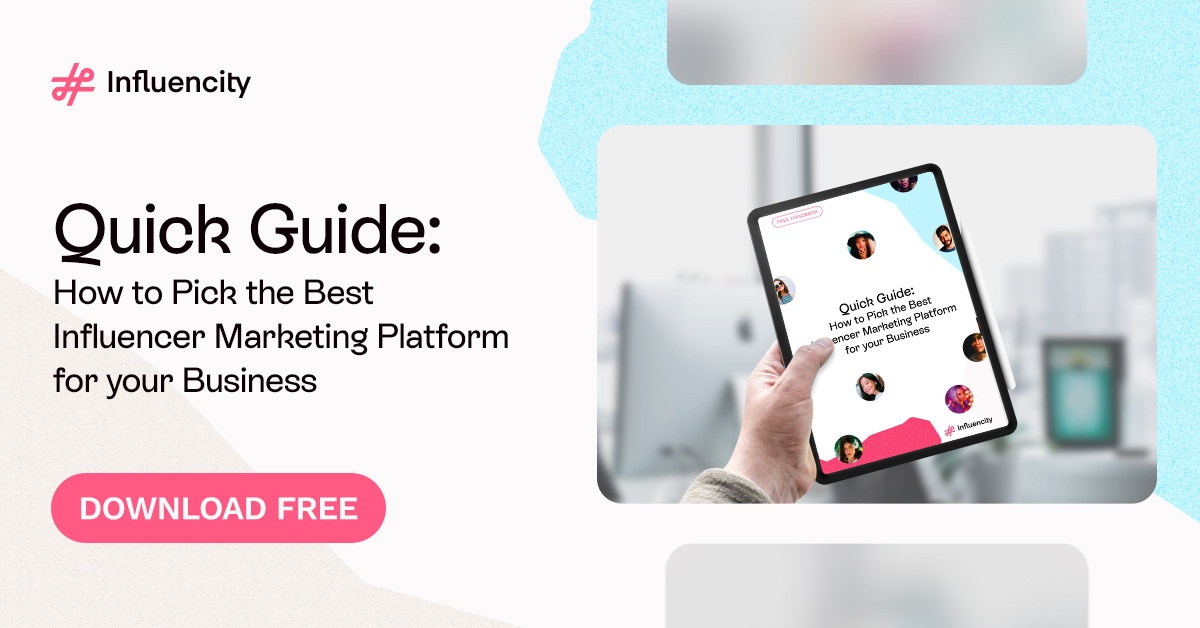


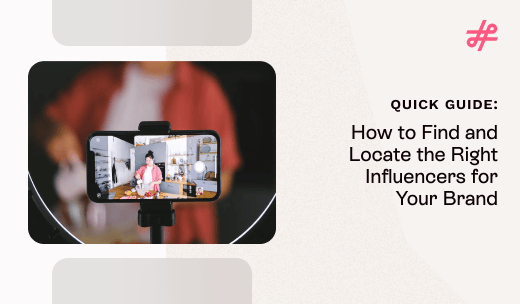


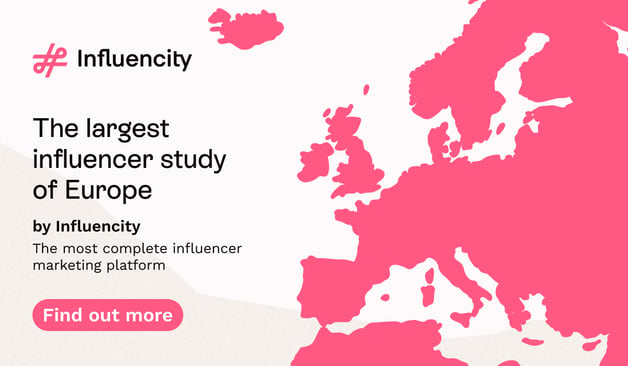









%20and%20How%20Can%20They%20Benefit%20Your%20Brand%20article.jpg?length=628&name=What%20Are%20Key%20Opinion%20Leaders%20(KOL)%20and%20How%20Can%20They%20Benefit%20Your%20Brand%20article.jpg)
